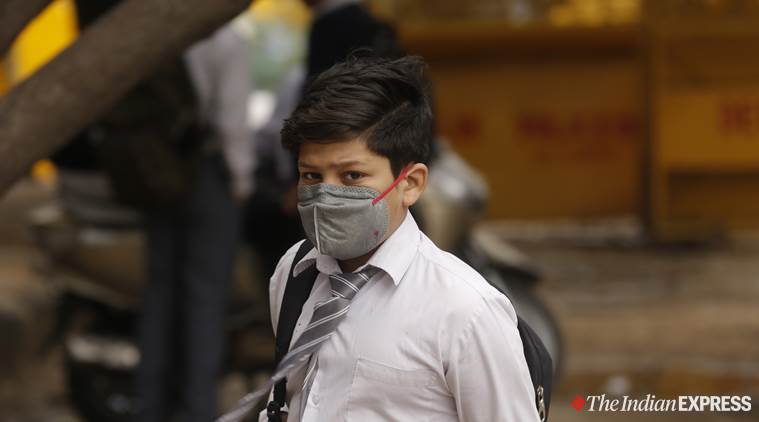 he HRD Ministry is now working with the National Council of Educational Research and Training (NCERT) on devising basic guidelines for reopening of schools, whenever it is approved by the Home Ministry. (Representational image)
he HRD Ministry is now working with the National Council of Educational Research and Training (NCERT) on devising basic guidelines for reopening of schools, whenever it is approved by the Home Ministry. (Representational image)
As the Indian school education system prepares to gradually re-open after more than three months of remaining closed, Bridget Long of the Harvard Graduate School of Education has cautioned about children returning to school with sizeable differences in learning levels because of the different circumstances of remote learning, and pointed to the need of adapting systems to what the needs of students will be at the end of this period.
Schools and education authorities have tried to arrange different methods of remote learning for children. The HRD Ministry is now working with the National Council of Educational Research and Training (NCERT) on devising basic guidelines for reopening of schools, whenever it is approved by the Home Ministry.
Speaking at a national conference on ‘Future of Schools: Overcoming the COVID Challenge and Beyond’ organised by Ashoka University, Bridget Long, Dean of the Harvard Graduate School of Education, raised the issue of varied levels of remote learning among students.
“Students are going to arrive at vastly different levels of academic learning. For some, they had parents who were able to provide support or they were at an age at which they could have worked independently and were able to continue with their learning. For others, learning stopped at home… not just in terms of content but also learning loss of being outside the constant routine that supports their memory and learning… Some students will be about a half-grade level behind their peers,” she said.
Long also pointed to gaps in children’s emotional health due to the crisis. “There have been variations in how Covid has impacted communities. There will be children who have trauma because it affected someone in their family… some have been home in abusive families,” she said. Long also pointed to the need for data analysis and research to prepare for the road ahead – what worked in this period, which tools parents had at home and what support they were able to give, the skills and resources teachers have and what they need.
Long emphasised on the need to make adjustments based on children’s experiences of the last few months. “The important thing is that we have to meet them where they are and we can’t make assumptions about their learning… personalisation will be important,” she said.
CBSE chairperson Manoj Ahuja said the national education board is working to “rationalise” syllabus for this academic session by “shaving off concepts which are duplicated or superfluous”. He said the board is working towards competency-based learning focused on learning outcomes rather than content learning, starting from the current academic year, in an incremental manner.
“We are finalising the learning outcomes in a detailed manner which will be finalised soon. A lot of teacher training programmes are happening… This approach would help identify learning gaps at an early stage. These gaps are cumulative, and identifying them will enable teachers to address them… We want to roll this out soon so that schools can start applying it… It will lead to more autonomy, more decentralisation, and more freedom for every actor in the system,” he said.